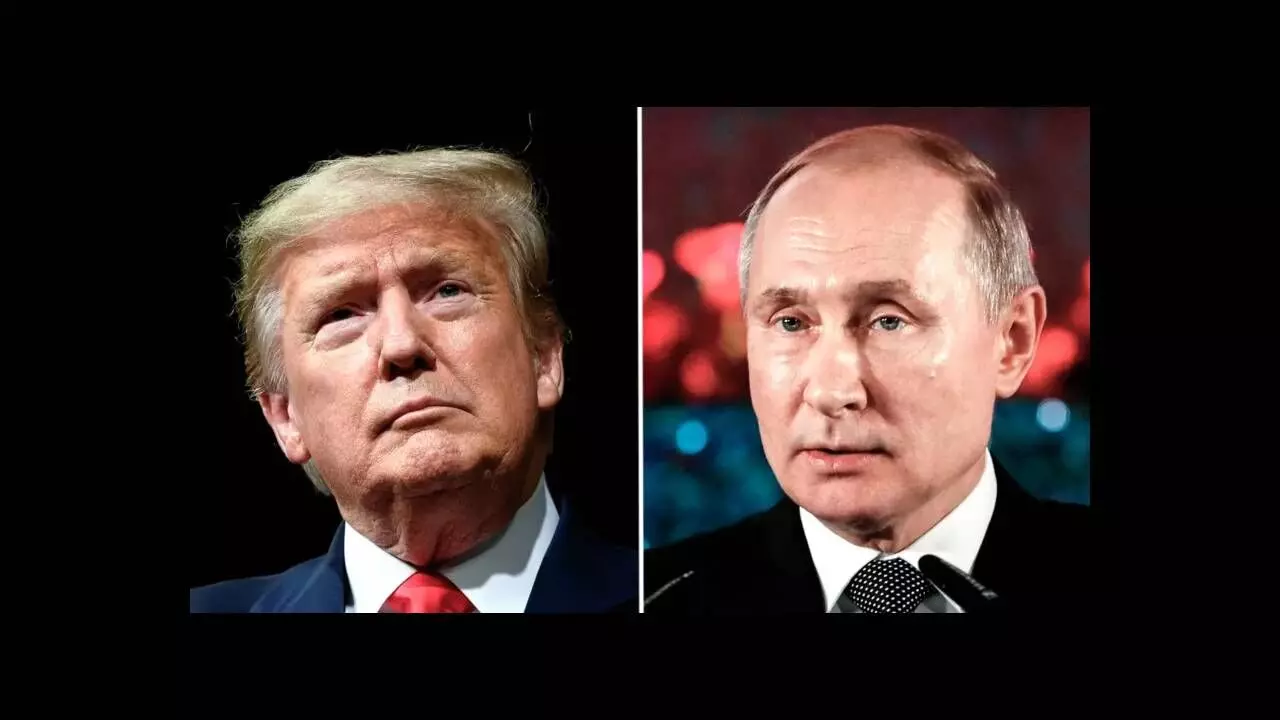US Mixed Signals: Encouraged India to Buy Russian Oil Early in Ukraine War, Now Threatens Tariffs
In early Ukraine war days, Washington supported India's Russian oil purchases to stabilize energy markets. By 2025, the US has imposed tariffs and pressured India. India defends its sovereign energy choice amid rising geopolitical friction.
image for illustrative purpose

In early 2022, U.S. officials—including former Ambassador to India Eric Garcetti—openly supported India’s decision to buy discounted Russian oil within the G7-imposed price cap, aiming to stabilize global energy markets. Garcetti stated, “They bought Russian oil because we wanted somebody to buy … at a price cap,” calling it part of a deliberate policy strategy.
Even then-U.S. Treasury Secretary Janet Yellen backed India’s oil purchases, saying Washington was “happy for India to continue buying as much Russian oil as it wants” provided it avoided Western insurance or financial services.
Former Assistant Secretary of State for Energy, Geoffrey Pyatt, noted India’s imports helped keep energy prices in check while ensuring affordable fuel supply for its population.
However, by 2025, U.S.-India relations have soured. President Donald Trump has slapped a 25% tariff on Indian goods, threatening escalated penalties if India continues buying or reselling Russian oil. He accused India of profiting from the war and ignoring Ukrainian casualties.
Despite intense pressure—including threats of 500% tariffs under proposed bipartisan sanctions—India has maintained its position, citing national interest, sovereign trade decisions, and energy security. Foreign Ministry spokesperson Randhir Jaiswal called the U.S. demands “unjustified and unreasonable,” highlighting perceived double standards, given continued oil trade between Western economies and Russia.
Reuters reports that state refiners have paused new Russian crude purchases amid narrowing discounts, though private refiners continue imports. India’s dependence on Russian oil—today constituting about 35% of its total crude imports—remains a key pillar in its strategy to manage inflation and import bills.
Analysts argue the dispute extends beyond energy: it reflects a broader geopolitical friction and divergence in strategic outlooks. India’s historically strong ties with Russia—rooted in defense, diplomacy, and economic cooperation—underscore a vision of strategic autonomy that Washington views as challenging.

